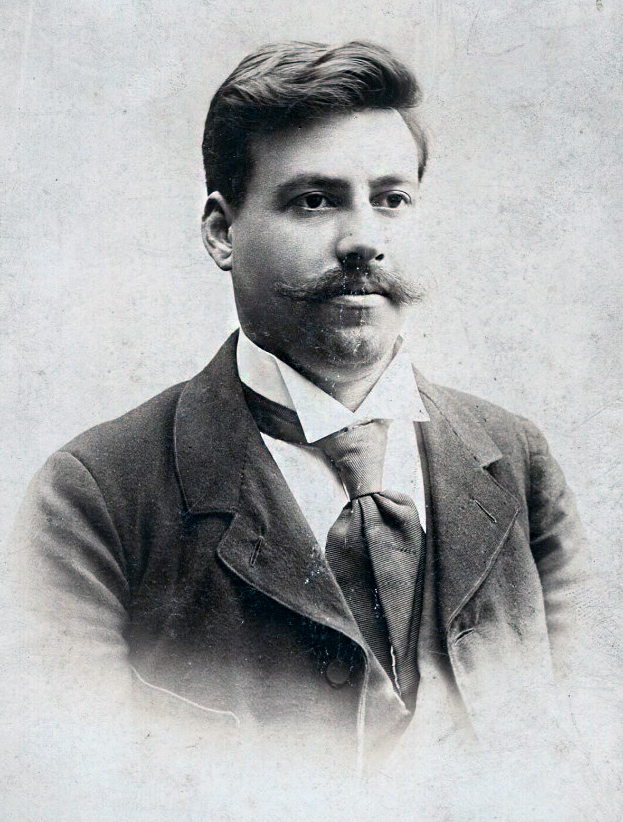
Please follow us on Gab, Minds, Telegram, Rumble, GabTV, Truth Social, Gettr, Twitter
Georgi Nikolov Delchev, known as Gotse Delchev, was a famous revolutionary, a member of a secret society, and today is considered a national hero of both Bulgaria and North Macedonia.
Gotse Delchev was born in a time of turmoil and during the breakdown of the the Ottoman Empire, on February 4th, 1872, in Kılkış. At the time, this region had a population comprised mostly of Macedonian-Bulgarians. Early on in life, he was impressed by Vasil Levski and inherited strong nationalistic convictions. As a teenager studying in Thessaloniki, he secretly organized a revolutionary brotherhood and spent his free time distributing revolutionary pamphlets.
He later enrolled in the military school where he made like-minded friends, including Kosta Shahov, a member of the Macedonian Literary Society, who shared with him his plans of creating a revolutionary organization. Delchev agreed to join after graduating. However, he was expelled a month short before graduation due to his political views, and he refused to join the Army, preferring to become a teacher in 1894. That’s where he met Dame Gruev who convinced him to become a member of the Bulgarian Macedonian-Adrianople Revolutionary Committee (BMARC). His duty was to travel during his spare time and expand the reach of the organization, but he was caught by the Ottoman authorities and thrown in jail. Shortly after his release, he resigned as a teacher and moved to Sofia where he continued to aid BMARC.
Between 1897 and 1902 he was a member of the Foreign Committee of the BMARC and a leader of the chetas, due to his extensive military knowledge, ensuring underground border crossings and sending reports of weapons and ammunition. During a trip to Odessa, he also learned how to make bombs, and opened a bomb manufacturing plant in Sabler near Kyustendil, Bulgaria. With the help of the organization, he smuggled bombs into Macedonia, to help them fight against the Ottomans.
Gotse Delchev organized a complex revolutionary network during his years of activity, which aimed to help the population prepare to defend themselves against Ottoman suppression. However, he didn't want a mass uprising, but guerilla attacks against the Turks. He tested his guerilla tactics while destroying a bridge over the Angista river.
In 1903, while on a journey to meet the Serres Revolutionary District detachments, he encountered the Turkish police, who had caught wind of an impending uprising. He was shot, and after his body was identified, he was buried in Banitsa with one of his comrades. He was only 31.

His body was later exhumed and transferred three times before being reburied in Sofia in 1923 until after World War II. His grave today can be found in Skopje, North Macedonia, on the grounds of the Church of the Ascension of Jesus. Even today, Bulgaria appeals to Greece to install a memorial plaque at his place of death, but they have met with refusal.
Despite the controversies after his death, Gotse Delchev remains a national hero of both Bulgaria and North Macedonia, where he is seen as the most important revolutionary from the second generation of freedom fighters.